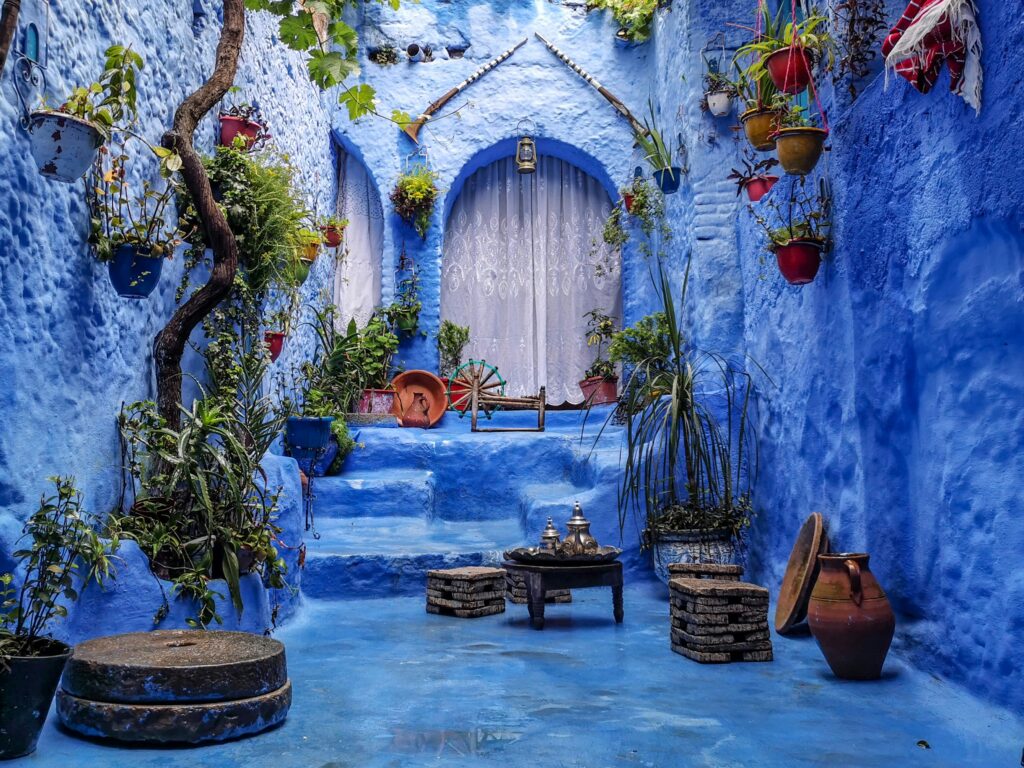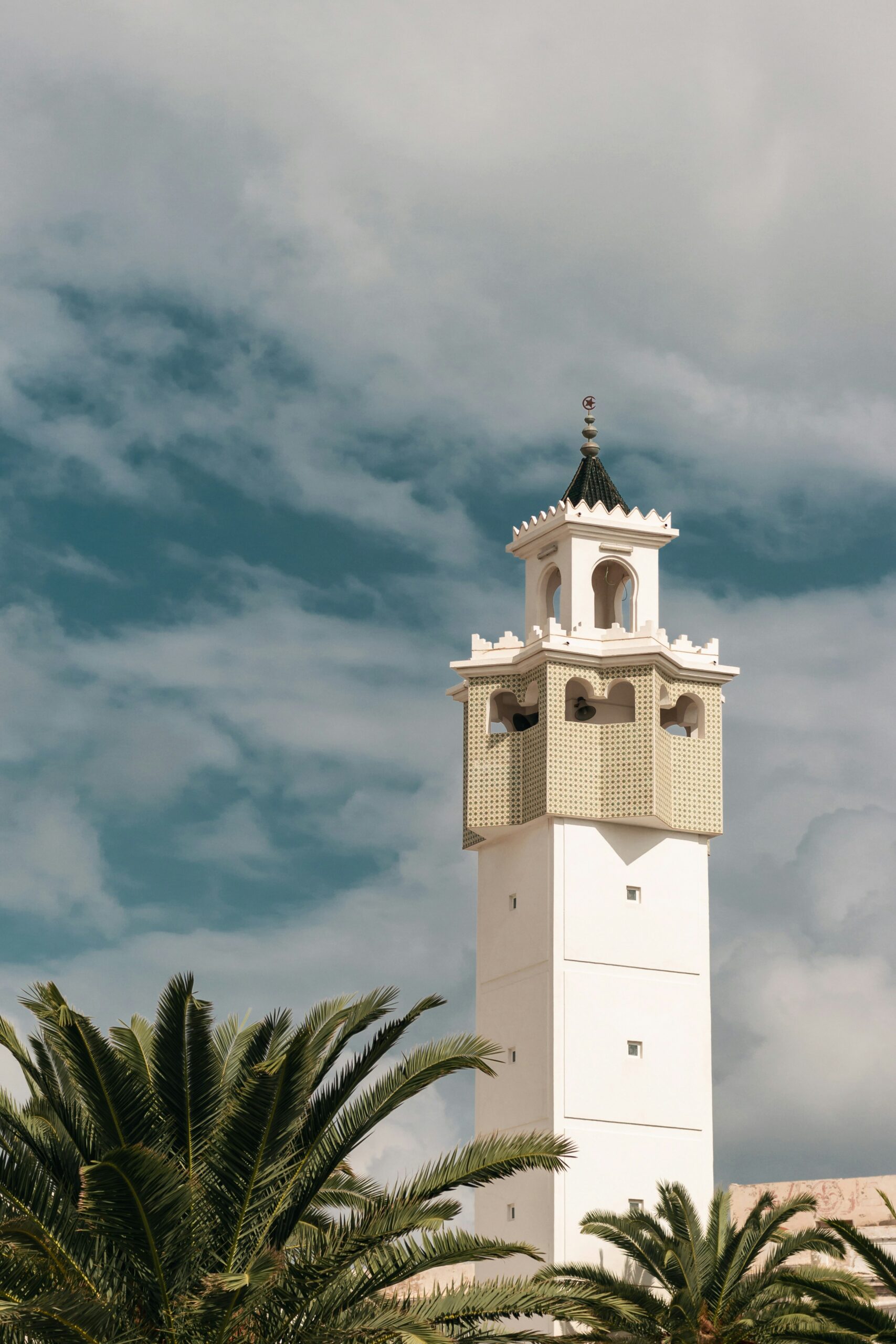History

Morocco’s history is a captivating tapestry woven with Berber, Arab, and European influences. The Berbers,
indigenous to North Africa, established a rich pre-Islamic civilization marked by ancient cities like
Volubilis and traditional practices that endure today. Over the centuries, Morocco was ruled by illustrious
Islamic dynasties such as the Almoravids, Almohads, and Merinids, whose architectural legacies, including
the iconic medinas of Fez and Marrakech, continue to define the country’s cultural landscape. The 20th
century witnessed European colonization, with Morocco becoming a French and Spanish protectorate.
Independence in 1956 under King Mohammed V heralded a new era of nation-building and modernization.
Tourism Places
Culture
Morocco’s culture is a vibrant tapestry of art, music, and warm hospitality. Traditional Gnawa music, rooted in African and Islamic heritage, echoes through narrow alleyways, while exquisite handicrafts such as colorful ceramics and intricate carpets showcase local artistry. Hospitality, epitomized by the mint tea ritual, embodies the nation’s generosity and respect for guests. Moroccan attire, like the djellaba robe worn by both men and women, reflects a blend of practicality and ornate design, often adorned with intricate embroidery and vibrant colors.
Cuisine
Moroccan cuisine is a feast for the senses, blending savory flavors with sweet undertones. Couscous, the
national dish, is served with a variety of vegetables and meats, while tagines—slow-cooked stews—
combine tender meats with dried fruits and aromatic spices. Pastilla, a savory-sweet pastry filled with
pigeon or chicken, exemplifies the fusion of culinary influences. Harira, a hearty soup enjoyed during
Ramadan, nourishes both body and spirit. No Moroccan meal is complete without mint tea, ceremoniously poured to create a frothy layer—a symbol of Moroccan hospitality and the perfect finale to a culinary journey through this enchanting country.



